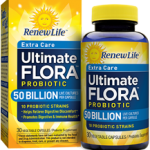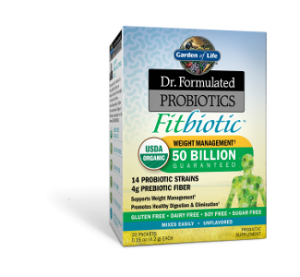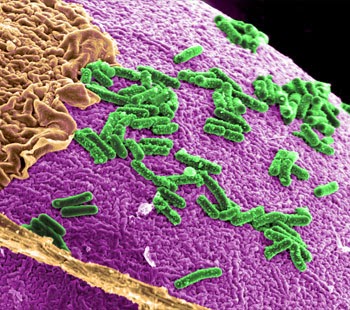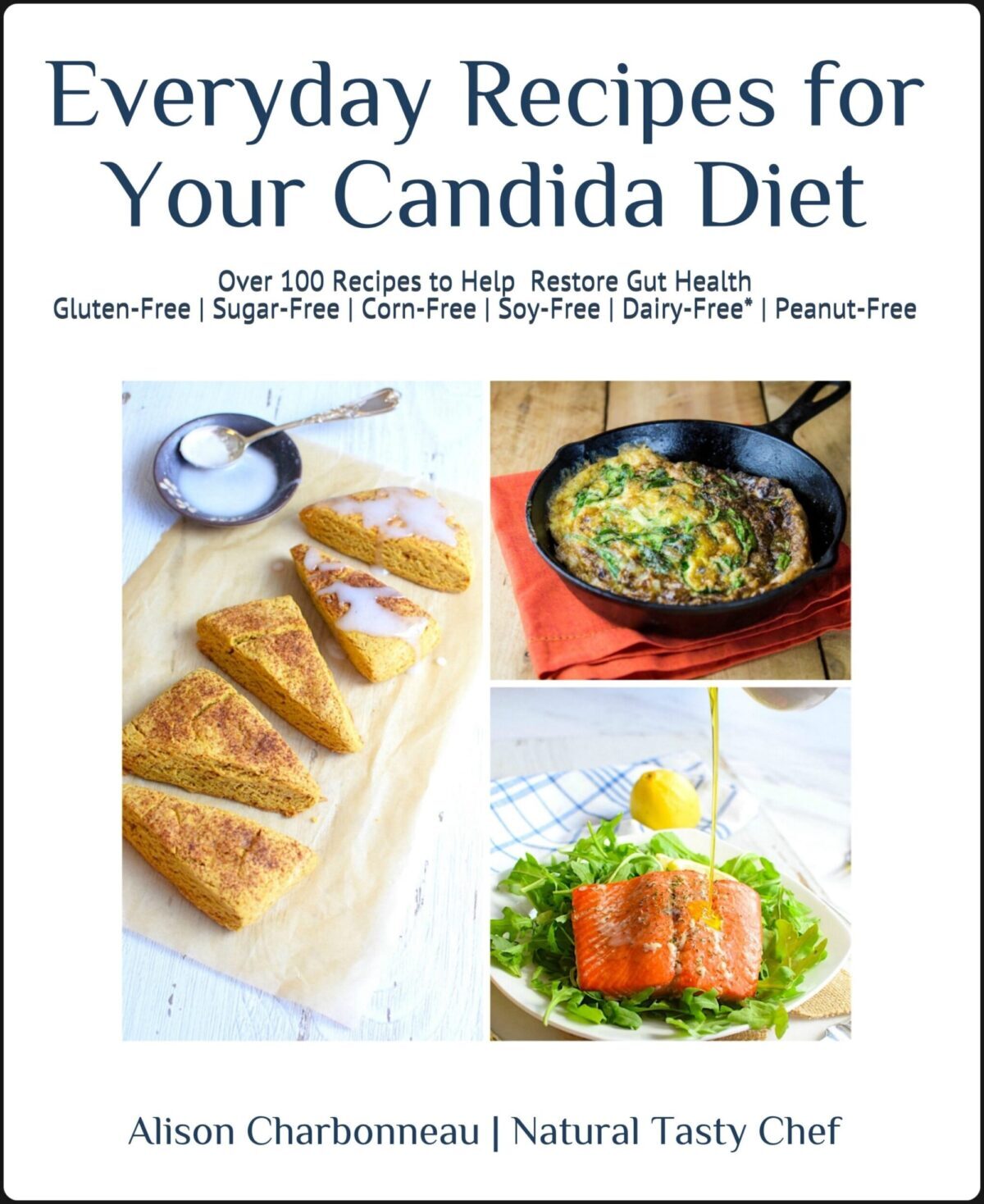Very early in the year, taking probiotics surfaced as a “diet trend,” expected to last through 2016. Trouble is, it’s not really a trend. It’s always been a way of eating that’s very good for you. Now it’s just getting proper attention. This is true whether you are old or young, active, inactive, human or pet. That’s right, taking probiotics is also good for your fur babies!
Probiotics and “gut health” are often found in the same writings. It’s because that’s what purposely adding probiotics to a diet focuses on: improving the health of your digestive system, in the process boosting your immune system and energy level, controlling weight gain, and other benefits. The key is maintaining healthy balance of healthy bacteria versus the unhealthy types. In a nutshell, probiotics are live bacteria and yeasts that advance living – the name comes from a combination of “pro” which means “forward,” and the Greek word bios which means “life.”
There are some food items that are high in probiotics such as fermented foods: kimchee, sauerkraut, miso, good quality tempeh and pickled vegetables contain good bacteria. Yogurt and kefir are also contain probiotics, but if they also contain added sugar it defeats the purpose so READ FOOD LABELS! Other foods that contain natural probiotics: bananas, garlic, onions, honey and leeks.
Broadly, probiotics make it easier for your gut to move food through the body. Though not definitively proven by the science community, it is believed that ingesting probiotics may help prevent and treat vaginal yeast and urinary tract infections; treat diarrhea; address irritable bowel syndrome; and reduce the intensity of the flu or colds.
In additional to regularly consuming foods that are high in probiotics it is always good to invest in a good quality probiotic supplement. I take mine daily. A couple brands that I really like and trust are: Renew Life Ultimate Flora and Garden of Life for Woman and Garden of Life for Men.
There are things that actually destroy good bacteria, which is where we get into trouble. When our good bacteria are low it allows for the bad bacteria to take over and wreak havoc on our bodies and immune system. Some things that kill good bacteria are:
- Antibiotics – They kill all bacteria, good and bad, so even if you don’t want to take probiotics regularly, at least following up with a bottle after a round of antibiotics is highly beneficial.
- Birth Control – This is why so many woman who have used birth control end up with Candida.
- Fluoride – Yes, swimming in chlorinated pools is killing your good bacteria.
- Caffeine – Though I am a coffee lover myself, caffeine kills good bacteria.
- Additives, Preservatives and Chemicals – One more reason to stay away from foods containing these yuckies. Artificial sweeteners not only kill good bacteria but also damage the intestinal wall.
- Pesticides – Organic is best.
- Stress – Among the many negative effects stress has on your body, killing good bacteria is one of them!
Regarding dogs, please see the website thebark.com. It notes how the more than 400 microorganisms that make up probiotics, which many feel help humans, also can provide similar if not the same benefits in dogs. The look at the entire micro-flora arena states that probiotics “help your dog digest her food, increase her absorption of nutrients and boost her immune system, too.” In straight language for humans and animals alike: they are good bacteria that nudge out bad bacteria and make it harder for bad bacteria to claim a stake in our digestive system.
Remember that some foods are not great for dogs, like onions and garlic. Dogs also are not keen on spicy foods like kimchee, and many of us have had bad experiences with gas from feeding dairy products to dogs. A veterinarian could be engaged to devise a nutritious program for a dog that includes probiotics elements. At the very least it could be an alternative to store-bought dog food, which can be high in sugars, carbohydrates and “fillers” which are unhealthy whether you’re a canine or a two-legged beast like us.
(A side note: though it has not been widely proven to cause problems, some medical professionals suggest that people with lowered immune systems or who already suffer serious illness should not consume probiotics. If you are very ill, it is best to speak with your physician before trying alternative diets).


